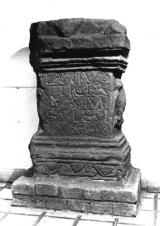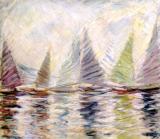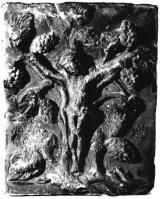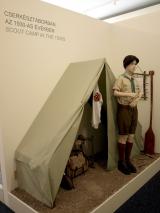2026. January 1. Thursday
Balaton Museum - Keszthely

|
Address: 8360, Keszthely Múzeum u. 2.
Phone number: (83) 312-351, (83) 511-335
E-mail: titkarsag@balatonimuzeum.hu
Opening hours: 01.09-31.10.: Tue-Sat 10-17, 01.11-30.: Tue-Sat 10-16
|
The thought of establishing a museum in the area of the lake Balaton first occoured in the last decade of the 19th century. The Balaton Museum Union was formed in June 1897. The archaeological collection of Árpád Csák was exhibited in the building of the former Economy Learning Center. The natural science department was formed, the library was growing, and János Sági laid the foundations of the ethnography department.




